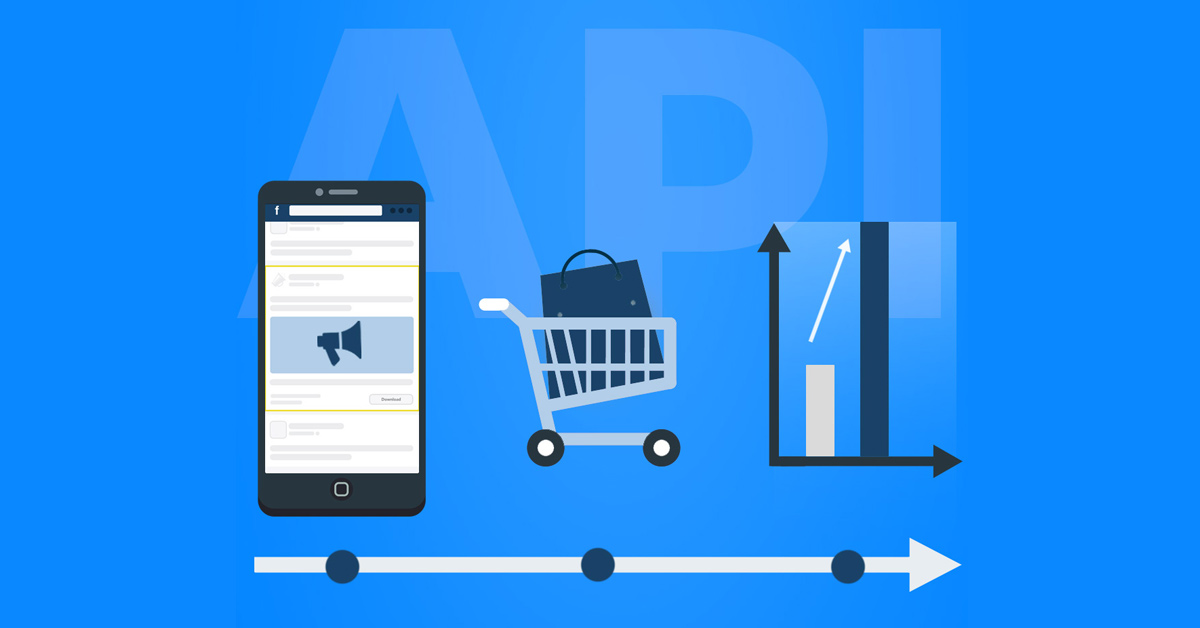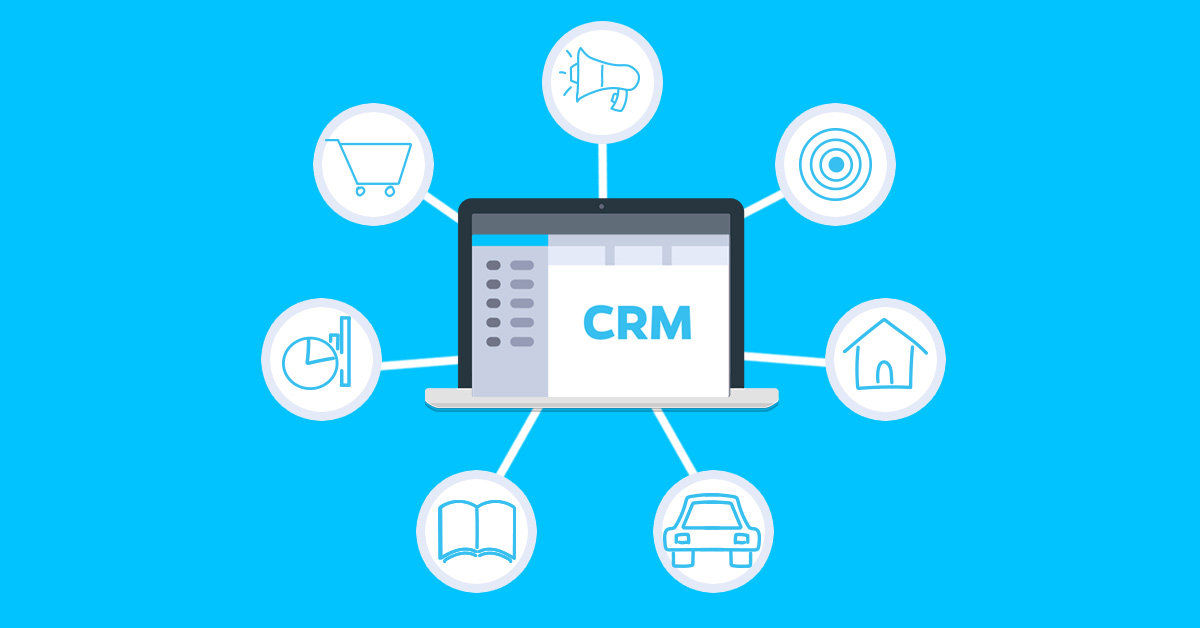Streamline your data management process with the Oracle Eloqua + Snowflake integration
Does Oracle Eloqua integrate with Snowflake? Yes, thanks to our tool! LeadsBridge is a reliable integrations platform that supports you with 380 integrations. Start now connecting Oracle Eloqua and Snowflake
WHAT YOU CAN DO WITH Oracle Eloqua AND Snowflake
Streamline your data management process with the Oracle Eloqua + Snowflake integration





